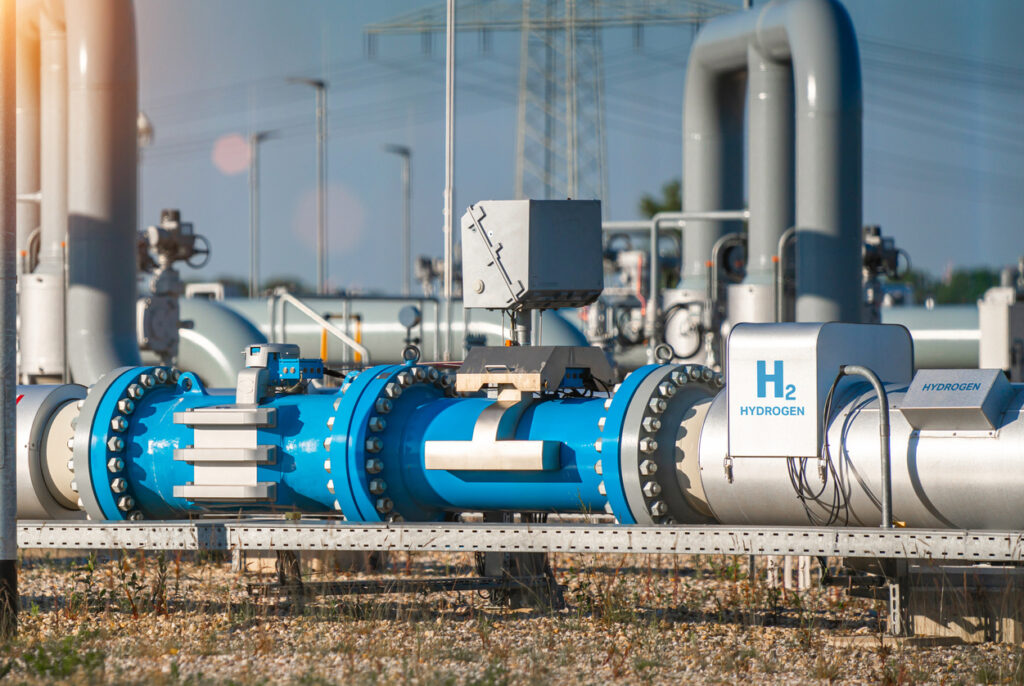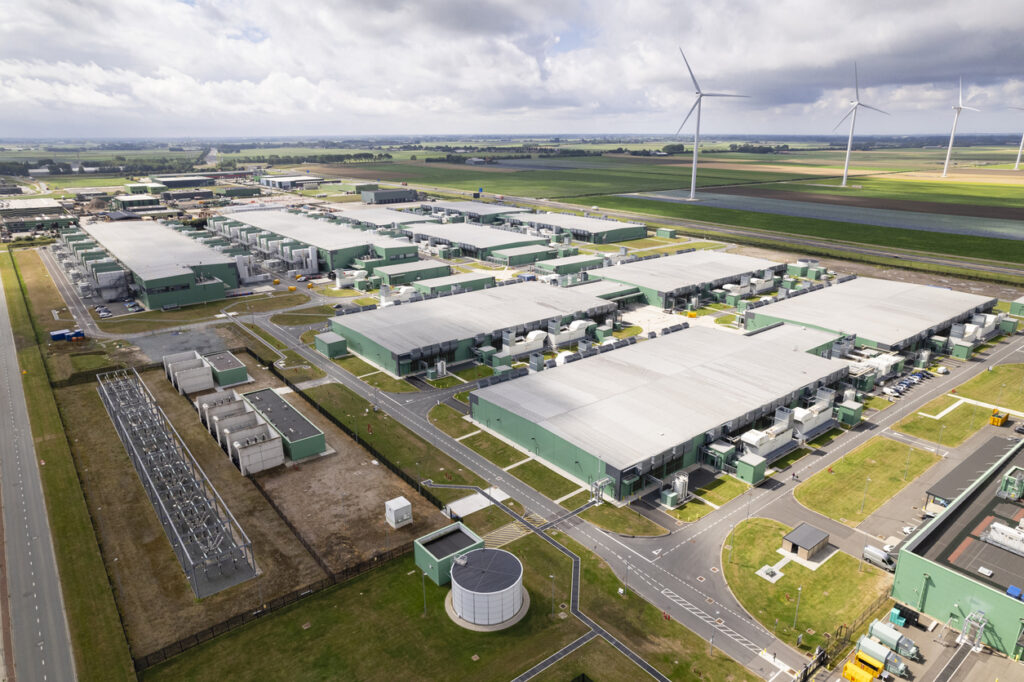Why is hydrogen blending important to net zero?
The UK government considers that hydrogen is one of a handful of low carbon solutions which can help the UK achieve its emissions reductions targets for ‘Carbon Budget Six’ and net zero by 2050 as well as provide greater domestic energy security. It can support the decarbonisation of dispatchable power, hard-to-electrify parts of the UK industrial sector and heavy transport, such as aviation and shipping.
How does hydrogen blending help these decarbonisation projects?
Hydrogen producers’ revenue depends on the volumes of hydrogen they are able to produce and deliver. If a producer’s customer is delayed in purchasing the hydrogen (because their own infrastructure is not ready), or they become unavailable for some reason, the producer’s revenue – and therefore ability to finance their project – is at risk.
DESNZ proposes that hydrogen blending would be a mitigant for this volume risk. “
What is hydrogen blending?
‘Blending’ refers to the blending of low carbon hydrogen with other gases (primarily natural gas) in pre-existing gas network infrastructure and appliances – so the proposal is that producers would be allowed to sell their excess hydrogen into the gas grid in certain circumstances.
How much hydrogen would be allowed on the gas grid?
DESNZ considers that a blend of 2% hydrogen should be permitted on the national transmission network. The previous government concluded that up to 20% should be allowed at distribution level, and the current government appears to have adopted this.
When would producers be allowed to blend hydrogen onto the gas grid?
Depending on the nature of the plant, blending could be allowed as a majority, minority, or last-resort offtake for producers. In this context, “majority” and “minority” refer to the volume of hydrogen being entered onto the network by the producer, rather than the overall composition of the gas.
DESNZ considers that electrolytic hydrogen producers may be entitled to use blending as a majority offtake (i.e. more than 50% of the producer’s output) where they are used to capture excess renewable energy that might otherwise be curtailed due to grid constraints. There is an obvious synergy here, which DESNZ intends to incentivise through this comparatively generous treatment.
By contrast, CCUS-enabled and other non-electrolytic hydrogen projects are envisaged as being able to use blending as a minority offtaker, or perhaps only as an offtaker of last resort.
What is DESNZ’s broader policy on blending?
DESNZ states that the main objective of blending is to support hydrogen production in a targeted way – otherwise, there is a risk that other offtakers of hydrogen will be “crowded out”. It therefore remains adamant that hydrogen blending is not intended as a means of decarbonising the existing gas network or facilitating a transition to heat decarbonisation.
Will revenue support be available for projects using blending?
In alignment with the previous government’s consultation of distribution-level blending, DESNZ considers that the appropriate support mechanism for transmission-level projects using blending would be the hydrogen production business model (HPBM).
This would require changes to the scheme, under which blending is currently a non-qualifying offtaker. Importantly, DESNZ notes that this could involve an option for existing HPBM projects to request a change to their contract to take advantage of the new position on blending.
What is the outlook for broader economic regulation of hydrogen networks?
DESNZ proposes that the existing regulatory framework for natural gas is (largely) an appropriate basis for regulating the hydrogen market.
Much of the legal infrastructure already exists; the Gas Act 1986 (which does most of the heavy lifting for domestic natural gas regulation) already covered hydrogen, and was overhauled relatively recently by the Energy Act 2023 to accommodate current thinking on what a hydrogen transition will look like.
But there will naturally need to be contextual changes. Given that hydrogen network infrastructure is expected to be regionally discrete (at first), DESNZ considers that the primary balancing role will be undertaken by hydrogen producers (in the regulated role of shipper), as they are best placed to manage their outputs to the network.
Hydrogen gas transporters will take the residual balancing role for their respective networks, as the lack of interconnection makes it impractical to have a single entity with overarching responsibility.
Crucially, it is currently proposed that a supply licence will not be required (and that supply will instead happen through an exemption to existing Gas Act rules). This reflects the expectation that hydrogen customers will be industrial users – but with the strong caveat that the need for intervention will be kept under review, particularly with the role of hydrogen in domestic heating still up in the air. This is to be consulted on “in a separate forthcoming consultation”.









